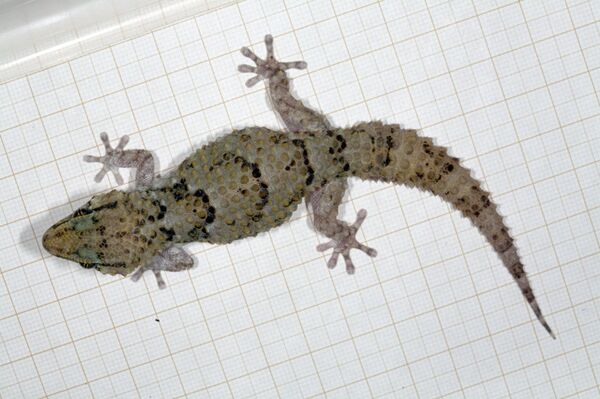MOSCOW, July 25 (RIA Novosti) – Five geckos onboard the Russian Foton-M biosatellite, a research spacecraft carrying life in space, will soon start to reproduce, as all life support systems are functioning properly despite a communication breakdown with the spacecraft, an Institute of Biomedical Problems (IBMP) representative told RIA Novosti.
“The telemetry information we receive [from the Foton-M] proves that geckos and fruit flies are alive, healthy and eat regularly. The conditions in the bio capsule are quite comfortable and we assume that they will soon start to reproduce. After all, it was one of the main missions of the scientific program,” a representative said.
Foton-M was launched on July 19 from the Baikonur Cosmodrome on a mission to study the effect of weightlessness on living organisms, and to conduct experiments on the growth of semiconductor crystals.
Communication with the spacecraft was lost the day it was launched.
Earlier on Thursday, Roscosmos, Russia’s Federal Space Agency, told RIA Novosti that the reception of telemetry data from the Foton-M, even after connection with the biosatellite was lost, proves that it can operate autonomously for a long time.
The agency specified that the design and onboard control systems of the Foton-M enable its self-sufficient operation.


